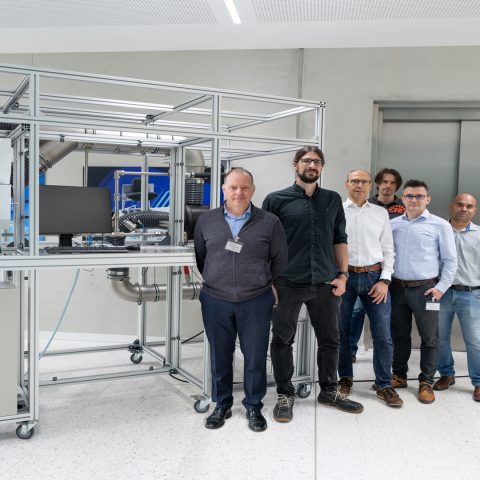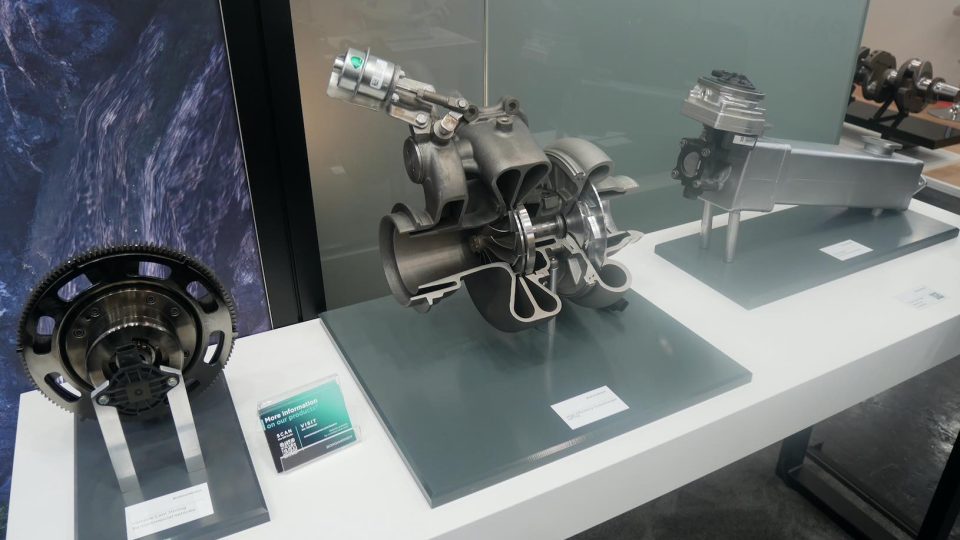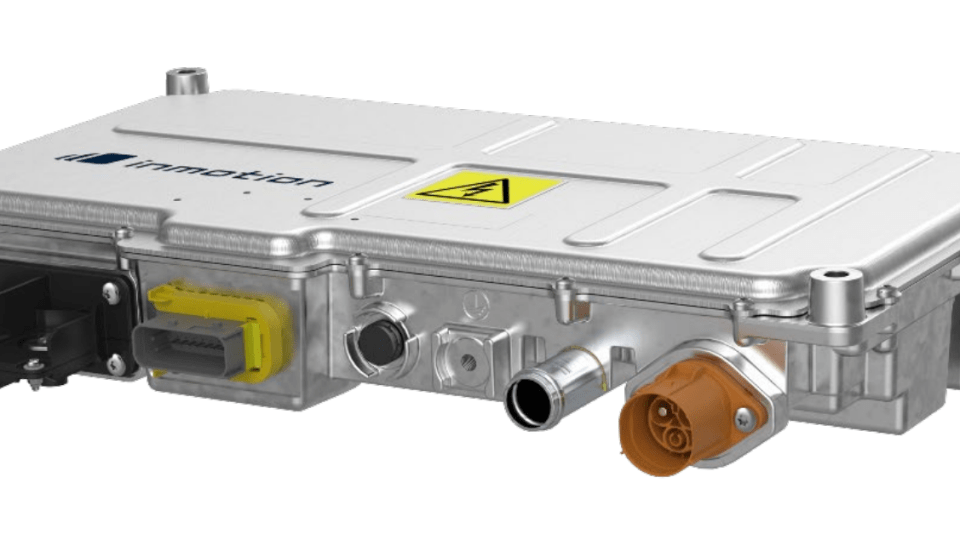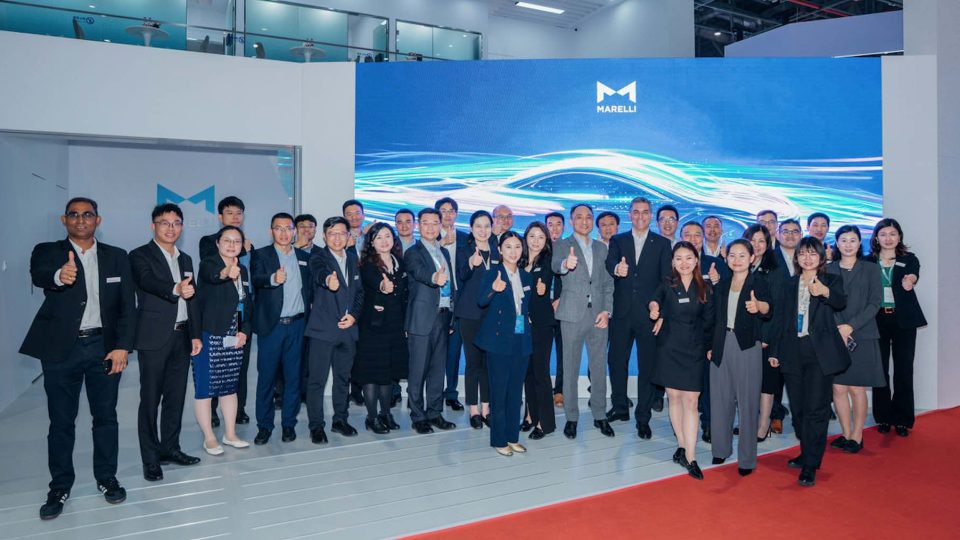Parker and Fraunhofer announce renewal of partnership
Parker Hannifin and the Fraunhofer Institute for Microengineering and Microsystems (IMM) announced the renewal of their partnership to further develop air adsorption technology for fuel cell humidification applications.

Parker Hannifin and the Fraunhofer Institute for Microengineering and Microsystems (IMM) announced the renewal of their partnership to further develop air adsorption technology for fuel cell humidification applications.
Gregory Brickett, General Manager, Engine Mobile Filtration Europe (EMFE) Division, said:“This collaboration builds on the successful partnership which started in October 2022, and which led to significant advancements in fuel cell technology, including the development of a specialized test rig.”
Fuel cells are a crucial technology for clean energy because they generate electricity through a catalytic reaction of hydrogen without combustion of fossil fuels, producing only water and heat as byproducts. However, for fuel cells to function effectively, the air entering them must be free of contaminants. The test rig developed in the previous phase of the partnership allows Parker and Fraunhofer to ensure that filters used in fuel cells can effectively remove harmful gases such as NOX, SOX, ammonia, and volatile organic compounds.
This improvement is essential for enhancing the efficiency and lifespan of fuel cells, making them a more viable and widespread solution for reducing carbon emissions and reliance on fossil fuels.
Burkhard Hartmann, R&D Officer at Parker’s Engine Mobile Filtration Europe (EMFE) Division in Stuttgart, said:“Our renewed partnership with Fraunhofer represents a continued commitment to advancing fuel cell technology. The progress we’ve made with the test rig has provided invaluable insights, and we are excited to build on this foundation to develop even more effective filtration solutions. By simulating real-world conditions, we can optimize our filter media to meet the rigorous demands of fuel cell applications, ensuring the best performance and durability for our customers.”
Gunther Kolb, Head of Business Division Energy at the Fraunhofer Institute for Microengineering and Microsystems, commented: “This ongoing collaboration with Parker demonstrates the powerful synergy between applied research and industrial expertise. The advancements we have achieved so far underscore the potential of combining Fraunhofer’s research capabilities with Parker’s filtration technology. We look forward to continuing our work together to create more efficient and reliable fuel cell systems.”











